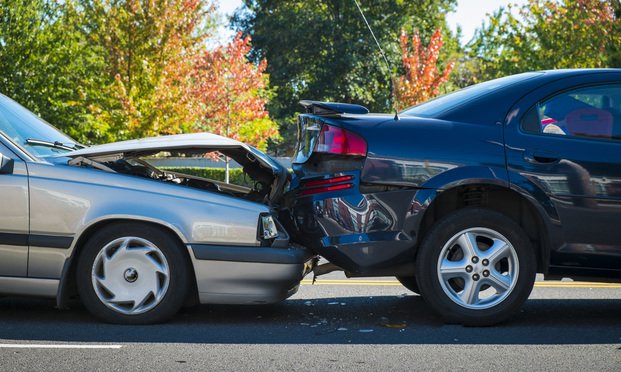 A recent Atlanta Police Department decision not to send officers to noninjury accidents is raising several concerns. (Photo: ALM Archives)
A recent Atlanta Police Department decision not to send officers to noninjury accidents is raising several concerns. (Photo: ALM Archives)
The Atlanta Police Department's recent announcement that it will no longer send officers to auto accident scenes where there are no reported injuries over COVID-19 exposure risks has raised some concerns among both plaintiffs' and defense lawyers who handle motor vehicle torts.
Recommended For You
Want to continue reading?
Become a Free PropertyCasualty360 Digital Reader
Your access to unlimited PropertyCasualty360 content isn’t changing.
Once you are an ALM digital member, you’ll receive:
- Breaking insurance news and analysis, on-site and via our newsletters and custom alerts
- Weekly Insurance Speak podcast featuring exclusive interviews with industry leaders
- Educational webcasts, white papers, and ebooks from industry thought leaders
- Critical converage of the employee benefits and financial advisory markets on our other ALM sites, BenefitsPRO and ThinkAdvisor
Already have an account? Sign In Now


